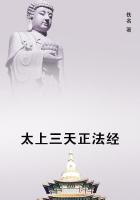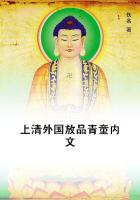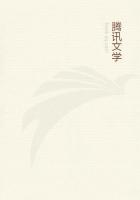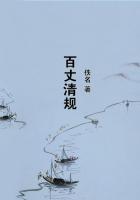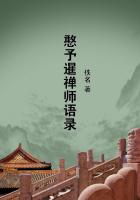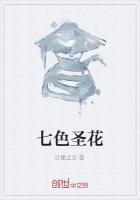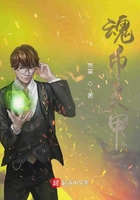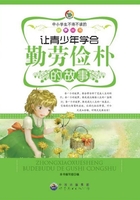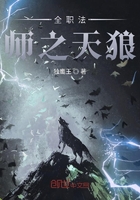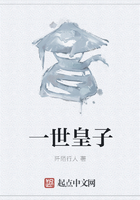They scarcely knew whether they invented these stories as they told them, or whether they had heard them somewhere. They could not tell either which was fiction and which reality, for all reality seemed wonderful to them. All the people about whom they told were great, all objects were good and everything beautiful.
They mingled nursery-tales with myths that were quite sensible, and the history of nations with children's stories. They were called poets.
George Sand did not employ a versified form for her stories, but she belonged to the family of these poets. She was a poet herself who had lost her way and come into our century of prose, and she continued her singing.
Like these early poets, she was primitive. Like them, she obeyed a god within her. All her talent was instinctive, and she had all the ease of instinctive talent. When Flaubert complained to George Sand of the "tortures" that style cost him, she endeavoured to admire him.
"When I see the difficulty that my old friend has in writing his novel, I am discouraged about my own case, and I say to myself that I am writing poor sort of literature."This was merely her charity, for she never understood that there could be any effort in writing. Consequently she could not understand that it should cause suffering. For her, writing was a pleasure, as it was the satisfaction of a need. As her works were no effort to her, they left no trace in her memory. She had not intended to write them, and, when once written, she forgot them.
"_Consuelo and La Comtesse de Rudolstadt_, what are these books?"she asks. "Did I write them? I do not remember a single word of them."Her novels were like fruit, which, when ripe, fell away from her.
George Sand always returned to the celebration of certain great themes which are the eternal subjects of all poetry, subjects such as love and nature, and sentiments like enthusiasm and pity.
The very language completes the illusion. The choice of words was often far from perfect, as George Sand's vocabulary was often uncertain, and her expression lacked precision and relief. But she had the gift of imagery, and her images were always delightfully fresh.
She never lost that rare faculty which she possessed of being surprised at things, so that she looked at everything with youthful eyes.
There is a certain movement which carries the reader on, and a rhythm that is soothing. She develops the French phrase slowly perhaps, but without any confusion. Her language is like those rivers which flow along full and limpid, between flowery banks and oases of verdure, rivers by the side of which the traveller loves to linger and to lose himself in dreams.
The share which belongs to George Sand in the history of the French novel is that of having impregnated the novel with the poetry in her own soul. She gave to the novel a breadth and a range which it had never hitherto had. She celebrated the hymn of Nature, of love and of goodness in it. She revealed to us the country and the peasants of France. She gave satisfaction to the romantic tendency which is in every one of us, to a more or less degree.
All this is more even than is needed to ensure her fame. She denied ever having written for posterity, and she predicted that in fifty years she would be forgotten. It may be that there has been for her, as there is for every illustrious author who dies, a time of test and a period of neglect. The triumph of naturalism, by influencing taste for a time, may have stopped our reading George Sand.
At present we are just as tired of documentary literature as we are disgusted with brutal literature. We are gradually coming back to a better comprehension of what there is of "truth" in George Sand's conception of the novel. This may be summed up in a few words--to charm, to touch and to console. Those of us who know something of life may perhaps wonder whether to console may not be the final aim of literature. George Sand's literary ideal may be read in the following words, which she wrote to Flaubert:
"You make the people who read your books still sadder than they were before. I want to make them less unhappy." She tried to do this, and she often succeeded in her attempt. What greater praise can we give to her than that? And how can we help adding a little gratitude and affection to our admiration for the woman who was the good fairy of the contemporary novel?

